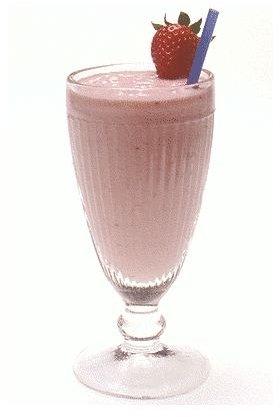Tips for Good Nutrition During Chemotherapy
Chemotherapy

Chemotherapy drugs are capable of destroying young, rapidly multiplying cells (like malignant cells). They interfere with manufacture of nucleic acids so that cellular growth and reproduction are inhibited. Unfortunately, these drugs also destroy normal cells that grow rapidly and have short life spans (like those that line the gastrointestinal tract).
Side Effects
Side effects from chemotherapy drugs include:
- poor appetite
- nausea
- vomiting
- alteration in taste perception
- diarrhea
- constipation
- trouble swallowing
- mouth sores
- fatigue.
These side effects can make it difficult to eat and hard to get the right nutrition during chemotherapy. However, when fighting cancer, proper nutrition is exceptionally important. A healthy diet helps provide energy and strength, prevent weight loss, and improve immune function. It helps you tolerate side effects better and speed up recovery time. Below are tips that can help you eat nutritiously while having chemotherapy.
Tips
• To help minimize side effects, eat small frequent meals (5-6 meals a day) and avoid eating and drinking too fast.
• Drink adequate amounts of water (to stay well hydrated and help flush toxins from the body).
• Avoid or limit caffeine and alcohol.
• Make every bite count. Choose healthy foods/beverages high in calories and protein.
• Foods and beverages high in calories and protein include meat, eggs, cheeses, nuts, seeds, beans, and liquid supplements such as Ensure® or Boost®.
• Choose low fat meats and low or no fat dairy foods.
• Avoid fried and greasy foods. Avoid foods containing trans fats (including hydrogenated oils).
• Avoid or limit sugary foods.
• Eat more whole foods and avoid or limit processed foods.
• Eat adequate amounts of fiber. Fiber helps regulate the bowels and protect the lining of the gastrointestinal tract. Flaxseed is high in fiber and also high in omega 3 (a healthy fat that helps reduce inflammation).
• Make delicious and nutritious smoothies using yogurt, fruits, vegetables, flaxseed, beans, and/or protein powder.
• Avoid hot, spicy foods when experiencing nausea, vomiting, or diarrhea.
• For nausea and vomiting, avoid foods with strong smells, drinking liquids with meals, and lying down after a meal (instead, take a short walk or rest in a sitting position).
• If experiencing vomiting or diarrhea, be sure to replace lost fluid and electrolytes with drinks like Gatoraid.
• For difficulty swallowing, drink liquids or eat soft foods and chew thoroughly.
• For mouth sores, avoid irritating foods and liquids such as toast and citrus fruit juices.
• Perform good mouth care. Use a soft toothbrush. Add 1/2 - 1 teaspoon of baking soda or salt to a glass of water and mix well. Swish, spit, and repeat. Do this a few times a day. Avoid commercial mouthwashes which may irritate sensitive tissue.
If you are unable to get proper nutrition during chemotherapy because of side effects, speak with your health care provider about medications/herbal supplements.
Sources Used
American Cancer Society: Chemotherapy - https://www.cancer.org/docroot/MBC/content/MBC_6_2X_When_You_Have_Chemotherapy.asp
Healthcommunities.com: How to Take Care of Yourself During Chemotherapy - https://www.oncologychannel.com/chemotherapy/care.shtml